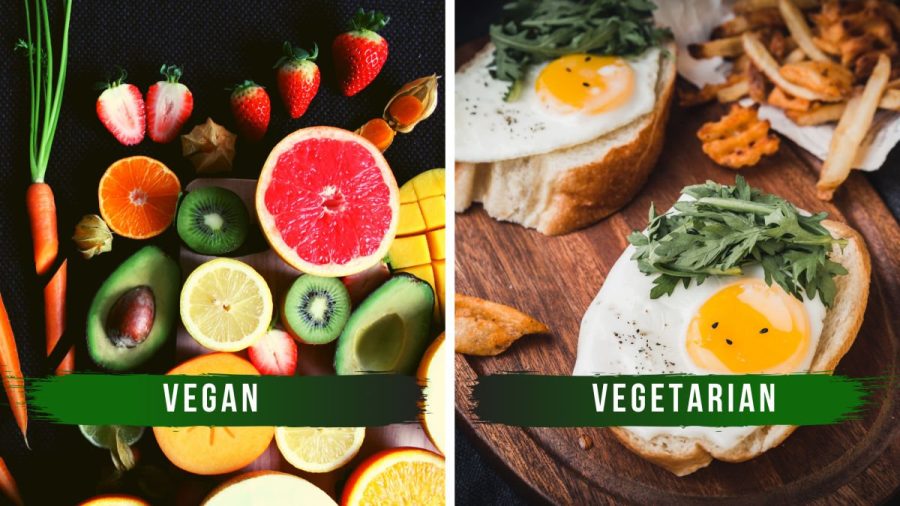Vegetarianism With Teens Today
What It Is All About
Vegetarianism is the practice of abstaining from the consumption of meat. It may also include abstaining from eating all products of animal slaughter. Vegans and vegetarians choose not to eat meat. However, veganism is stricter and also you can’t eat dairy, eggs, honey, and any other items that come from animal products, such as leather and silk.
Many people object to eating meat out of respect for animal life. These motivations have been under various religious beliefs as well as animal rights advocacy. Other motivations for vegetarianism are health-related, political, environmental, cultural, aesthetic, economic, taste-related, or relate to other personal preferences.
“I am vegan myself because I love animals and don’t want to eat something I’m not willing to kill myself,” said Lexly Bledsoe.
The “Vegetarianism in America” study showed that 3.2 percent of U.S. adults, or 7.3 million people, follow a vegetarian-based diet. Approximately 0.5 percent, or 1 million, of those, are vegans, who consume no animal products at all. In addition, 10 percent of U.S., adults, or 22.8 million people, say they largely follow a vegetarian-inclined diet. Data for this survey was collected by the Harris Interactive Service Bureau on behalf of Vegetarian Times.
“Study Shows 7.3 Million Americans Are Vegetarians,” said the author of Vegetarian Times
There is also a lot of vegetarianism hate in America and the entire world. People hate vegans for some of the following reasons: they perceive themselves to be morally superior to those who are not vegan or vegetarian. The second reason is they try to guilt-trip people into being vegan. And last reason is not a lot of people can support a vegetarian or vegan lifestyle.
“In general, they’re just a pain in the ass. Congrats you don’t eat animals, but that doesn’t give you an excuse to be a jerk” said grad student Lelia Hampton.
In western countries, the most common motive for people to consider turning vegetarian has to do with health. The American Dietetic Association has stated that at all stages of life, a properly planned vegetarian diet can be “healthful, nutritionally adequate, and may be beneficial in the prevention and treatment of certain diseases.” By adequately planned, they meant eating a variety of foods and minimizing foods high in sodium, sweeteners, or fat. Vegetarian diets offer lower levels of saturated fat, cholesterol, and animal protein, and higher levels of carbohydrates, fiber, magnesium, potassium, folate, and antioxidants such as vitamins C and E and phytochemicals.
“I think being vegetarian and vegan can definitely make you healthier in lots of ways,” said senior Eduardo Gallegos.






